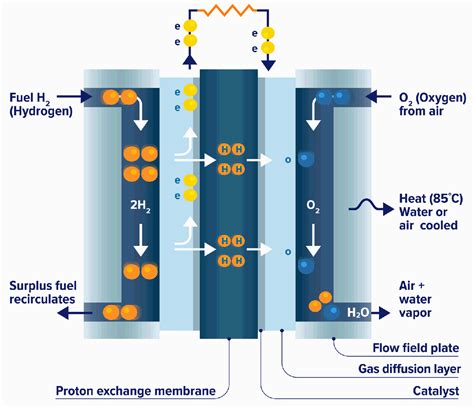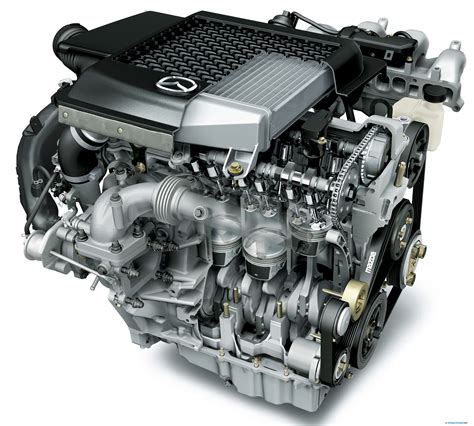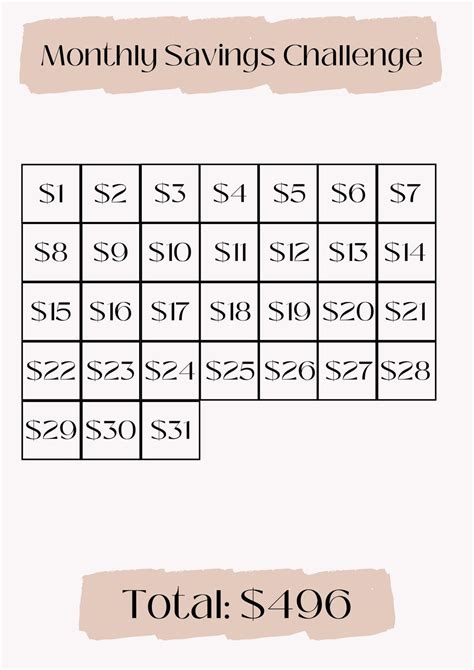Understanding Octane: More Than Just a Number
Many drivers face a perennial dilemma at the pump: which octane fuel is truly best for their vehicle? The prevailing myth suggests that higher octane automatically equates to better performance and a cleaner engine. However, the reality is far more nuanced, and for most vehicles, deviating from the manufacturer’s recommendation is simply a waste of money.
Octane rating measures a fuel’s resistance to “knocking” or “pinging” – a phenomenon where the air-fuel mixture ignites prematurely under compression in the engine cylinders. This uncontrolled combustion creates shock waves that can reduce efficiency, cause wear, and potentially lead to long-term engine damage. The higher the octane number, the more resistant the fuel is to this premature ignition.

Your Owner’s Manual: The Definitive Guide
The single most important source of information regarding your car’s fuel requirements is its owner’s manual. Manufacturers precisely engineer engines to operate optimally with a specific octane rating. This recommendation is usually found in the manual, often near the fuel cap, and sometimes even printed on the inside of the fuel filler door.
If your manual specifies “regular” (typically 87 octane), using “premium” (91 or 93 octane) will offer no discernible benefit. Modern engines, especially those designed for regular unleaded, are not built to take advantage of the higher knock resistance of premium fuel. You won’t gain more horsepower, better fuel economy, or a cleaner engine. You’ll simply be paying more per gallon for something your car doesn’t need.

When Premium Fuel IS Necessary
Conversely, if your vehicle’s manufacturer explicitly recommends or requires premium fuel, it’s for a very good reason. High-performance engines, often found in sports cars, luxury vehicles, or those with turbochargers and superchargers, operate at higher compression ratios and more advanced ignition timings. These conditions make them more susceptible to knocking with lower octane fuels.
Using regular unleaded in an engine designed for premium can lead to engine knocking. While most modern cars are equipped with knock sensors that can detect this and automatically retard the ignition timing to prevent damage, this adjustment comes at a cost. Retarding the timing reduces engine efficiency and and power output, effectively sacrificing the very performance the engine was designed to deliver.

Dispelling the Myths: Additives and Cleaning
Another common misconception is that premium fuels contain superior additives that clean your engine better. While all gasoline sold in the U.S. (and many other countries) must meet certain detergent additive standards to prevent fuel system deposits, the octane rating itself has nothing to do with these cleaning properties. Both regular and premium fuels from reputable brands contain these necessary additives.
Some premium fuels might be marketed with “top-tier” additives, but these are also available in regular unleaded grades from the same brands. The key is to look for “Top Tier” certification, which ensures a higher level of detergent additives regardless of the octane rating.

The Bottom Line: Follow the Manufacturer’s Recommendation
The best way to save money at the pump without sacrificing performance or engine health is straightforward: always use the octane rating specified in your vehicle’s owner’s manual. If your car requires premium, use premium. If it recommends regular, stick to regular. You’ll ensure your engine runs as intended, achieve the fuel economy and performance it was designed for, and avoid unnecessary expenses.
Don’t fall for marketing hype or old wives’ tales. Trust the engineers who designed your vehicle and their precise recommendations. Your wallet and your engine will thank you.




